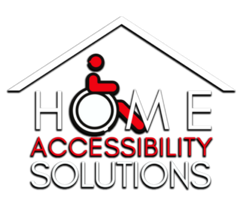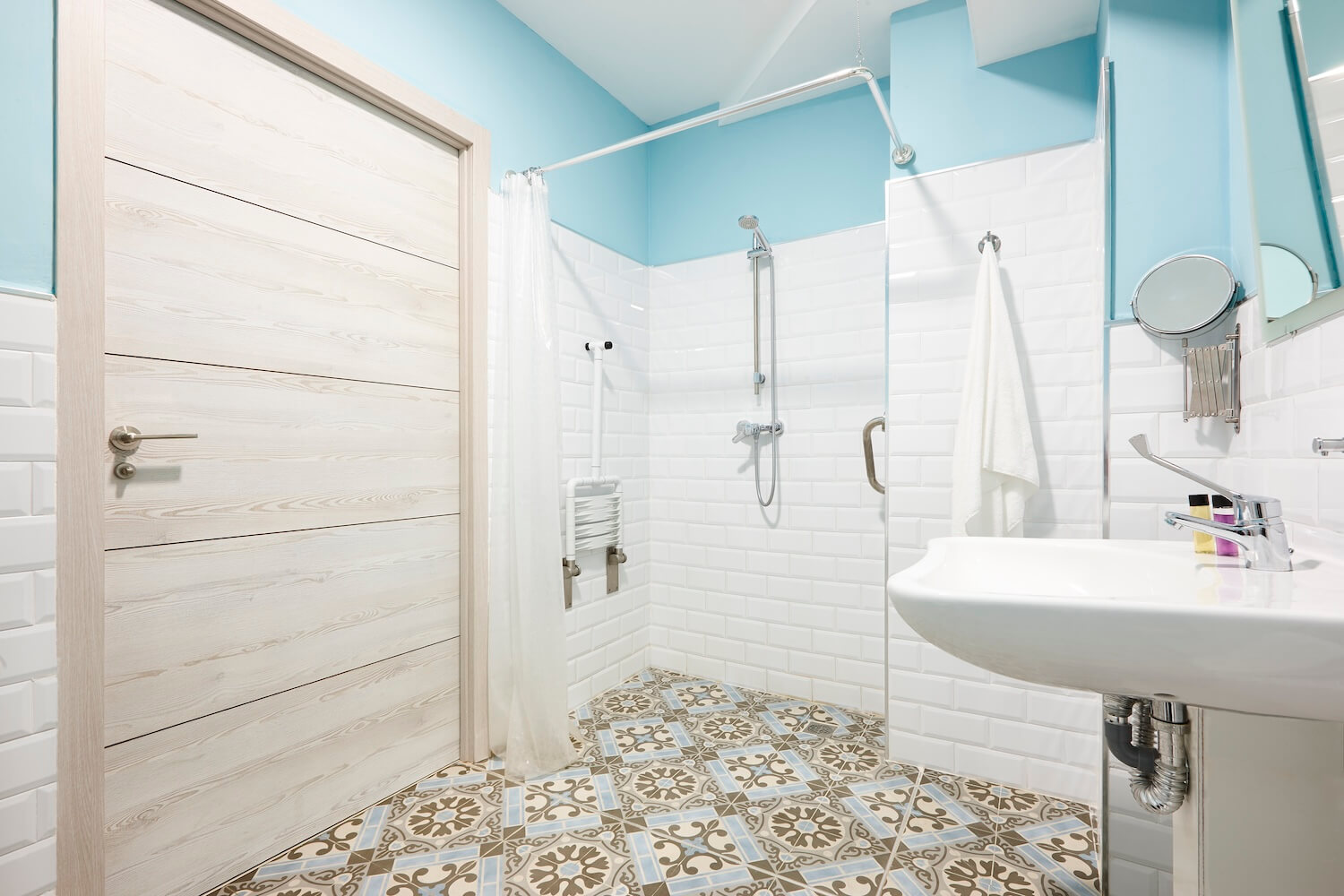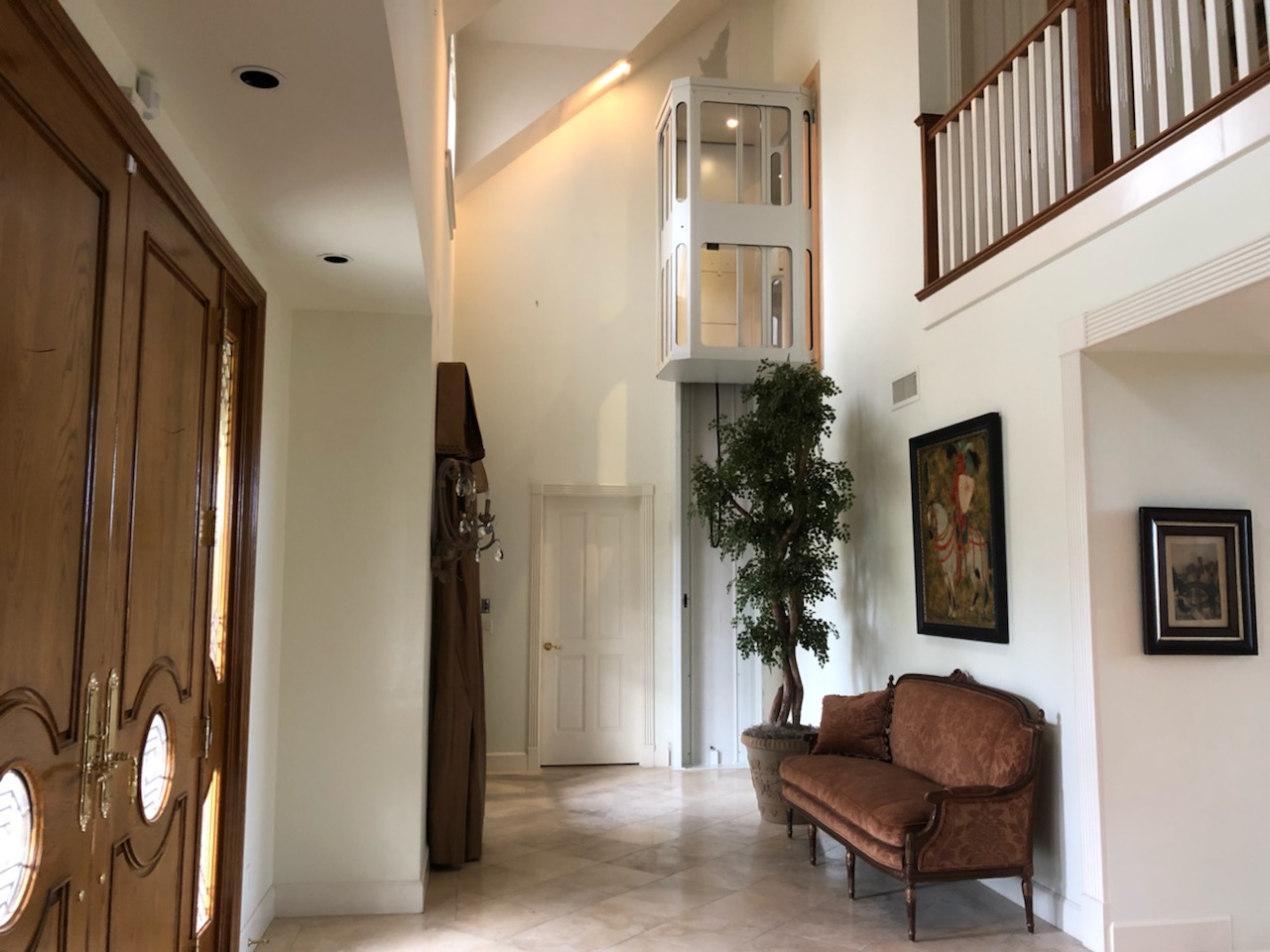Living with a disability or caring for someone with special needs requires a home environment that accommodates accessibility. Whether it’s installing ramps, widening doorways, or adding grab bars, finding the right accessibility contractor is crucial to ensure your home meets your unique needs. In Wichita, Kansas, where community support is strong, several contractors specialize in accessibility modifications. This guide aims to assist you in finding the best accessibility contractors in Wichita, KS, ensuring your home is safe, comfortable, and tailored to your requirements.
Understanding Accessibility Needs
Before diving into the search for an accessibility contractor, it’s essential to understand your specific needs. Accessibility modifications can vary widely depending on individual requirements. Some common modifications include:
- Ramps: Installing ramps allows wheelchair users or individuals with mobility impairments to navigate entryways easily.
- Widening Doorways: Widening doorways enables wheelchair users to move freely throughout the house.
- Grab Bars and Handrails: Installing grab bars and handrails in bathrooms and along staircases provides stability and support.
- Accessible Bathroom Features: This includes roll-in showers, adjustable sinks, and toilets with grab bars for individuals with mobility challenges.
- Elevator or Lift Installation: For multi-story homes, elevators or lifts can provide accessibility to upper floors.
Consider your specific needs and priorities before searching for an accessibility contractor. This will help you communicate effectively with potential contractors and ensure they understand the scope of work required.
Researching Accessibility Contractors
Once you’ve identified your accessibility needs, it’s time to start researching contractors in Wichita, KS, who specialize in accessibility modifications. Here are some effective strategies to find reputable contractors:
- Online Search: Start by conducting an online search for accessibility contractors in Wichita. Look for contractors with positive reviews and ratings from previous clients. Websites like Angie’s List, Yelp, and Google Reviews can provide valuable insights into the reputation and quality of service offered by contractors.
- Local Directories: Check local business directories or the Chamber of Commerce website for a list of contractors specializing in accessibility modifications. These directories often provide contact information and brief descriptions of the services offered by each contractor.
- Referrals: Reach out to friends, family members, or colleagues who have undergone accessibility modifications in their homes. Personal recommendations can be invaluable in finding trustworthy contractors who deliver high-quality work.
- Professional Organizations: Look for contractors who are members of professional organizations such as the National Association of Home Builders (NAHB) or the National Association of the Remodeling Industry (NARI). Membership in these organizations indicates a commitment to professionalism and adherence to industry standards.
- Local Community Resources: Contact local disability advocacy organizations or community centers for recommendations on accessibility contractors. These organizations often have networks of trusted contractors who specialize in serving individuals with disabilities.
Evaluating Accessibility Contractors
Once you’ve compiled a list of potential accessibility contractors, it’s time to evaluate them based on several factors:
Experience and Expertise
Look for contractors with extensive experience in accessibility modifications. Inquire about their specific expertise in the type of modifications you require, whether it’s ramp installation, bathroom modifications, or home elevator installation.
Licensing and Certification
Ensure that the contractor is properly licensed and certified to perform accessibility modifications in Wichita, KS. Licensing requirements may vary depending on the type of work involved, so verify that the contractor holds the necessary credentials.
Portfolio of Past Projects
Ask the contractor for a portfolio of past accessibility projects they have completed. This will give you a sense of the quality of their workmanship and their ability to meet clients’ needs effectively.
References
Request references from past clients and follow up with them to inquire about their experience working with the contractor. Ask about the quality of the work, adherence to timelines, and overall professionalism.
Communication and Accessibility
Effective communication is essential when working with an accessibility contractor. Ensure that the contractor is responsive to your inquiries and concerns and is willing to accommodate any special communication needs you may have.
Getting Quotes and Estimates
Once you’ve narrowed down your list of potential contractors, it’s time to obtain quotes and estimates for your project. Schedule consultations with each contractor to discuss your specific needs and preferences. During these consultations, consider the following:
- On-Site Evaluation: Invite the contractor to conduct an on-site evaluation of your home to assess the scope of work required for the accessibility modifications. This will allow them to provide a more accurate estimate.
- Detailed Proposal: Request a detailed written proposal from each contractor outlining the scope of work, materials to be used, timeline for completion, and total cost. Review each proposal carefully to ensure that all your requirements are addressed.
- Comparing Quotes: Compare the quotes provided by different contractors, taking into account factors such as cost, timeline, and the scope of work. Keep in mind that the lowest bid may not always be the best option if it compromises on quality or reliability.
- Clarifying Terms: Seek clarification on any terms or conditions outlined in the proposals, such as payment schedules, warranties, and permits required. Make sure you fully understand the terms of the contract before proceeding.
Making Your Decision
After evaluating the proposals and conducting thorough research, it’s time to make your decision and select the best accessibility contractor for your needs. Consider the following factors:
Reputation and Reviews
Choose a contractor with a solid reputation and positive reviews from past clients. A track record of satisfied customers is a strong indicator of the contractor’s reliability and professionalism.
Experience and Expertise
Prioritize contractors with extensive experience and expertise in accessibility modifications. Look for contractors who have successfully completed similar projects in the past and demonstrate a thorough understanding of your specific needs.
Communication and Compatibility
Select a contractor who communicates effectively and listens to your concerns and preferences. Building a strong rapport with your contractor is essential for a smooth and successful project experience.
Cost and Value
While cost is an important factor, prioritize value over the lowest price. Consider the quality of materials and workmanship offered by each contractor, as well as their ability to deliver results that meet your needs and expectations.
Contract Terms
Review the contract terms carefully and ensure that all aspects of the project are clearly outlined and agreed upon before signing. Seek clarification on any ambiguous terms and make sure you are comfortable with the terms of the agreement.
Managing the Project
Once you’ve selected an accessibility contractor for your project, it’s important to establish clear lines of communication and manage the project effectively. Here are some tips for ensuring a smooth and successful project experience:
- Regular Communication: Maintain open and frequent communication with your contractor throughout the project. Regular updates and progress reports will help ensure that the project stays on track and any issues are addressed promptly.
- Project Timeline: Establish a realistic timeline for the project and agree on deadlines for key milestones. Regularly review the progress against the timeline to ensure that the project is progressing as planned.
- Flexibility: Be prepared to be flexible and accommodate any unexpected challenges or changes that may arise during the project. Effective communication and collaboration between you and your contractor will help mitigate potential issues and ensure a positive outcome.
- Quality Control: Monitor the quality of workmanship throughout the project and address any concerns or deficiencies promptly. Conduct regular inspections to ensure that the work meets your expectations and adheres to industry standards.
- Payment Schedule: Establish a clear payment schedule with your contractor and adhere to the terms outlined in the contract. Avoid making full payment upfront and consider withholding a portion of the payment until the project is completed to your satisfaction.
Ensuring Accessibility Compliance
When undertaking accessibility modifications, it’s important to ensure compliance with relevant building codes and regulations. Your contractor should be familiar with local building codes and guidelines for accessibility modifications in Wichita, KS, and ensure that the work meets these requirements. Some key considerations include:
- Americans with Disabilities Act (ADA): The ADA sets forth requirements for accessibility in public accommodations and commercial facilities. While private residences are not typically subject to ADA regulations, it’s still important to consider ADA guidelines when making accessibility modifications to ensure that they meet the needs of individuals with disabilities.
- Local Building Codes: Familiarize yourself with local building codes and regulations governing accessibility modifications in Wichita, KS. Your contractor should be knowledgeable about these requirements and ensure that the work complies with all applicable codes and standards.
- Permits and Inspections: Obtain any necessary permits for the accessibility modifications and ensure that the work is inspected by the relevant authorities as required. Compliance with permitting and inspection requirements will help ensure that the modifications are safe and meet all regulatory requirements.
- Universal Design Principles: Consider incorporating universal design principles into your accessibility modifications to create a home environment that is accessible and inclusive for people of all abilities. Universal design focuses on creating spaces that are usable by everyone, regardless of age, mobility, or other factors.
Conclusion
Finding the best accessibility contractor in Wichita, KS, is essential for ensuring that your home modifications are completed to the highest standards of quality, safety, and accessibility. By understanding your specific needs, conducting thorough research, and selecting a reputable contractor with the necessary experience and expertise, you can create a home environment that is fully accessible and tailored to your unique requirements. Effective communication, careful project management, and compliance with relevant regulations will help ensure a successful outcome and a home that meets your needs for years to come.


